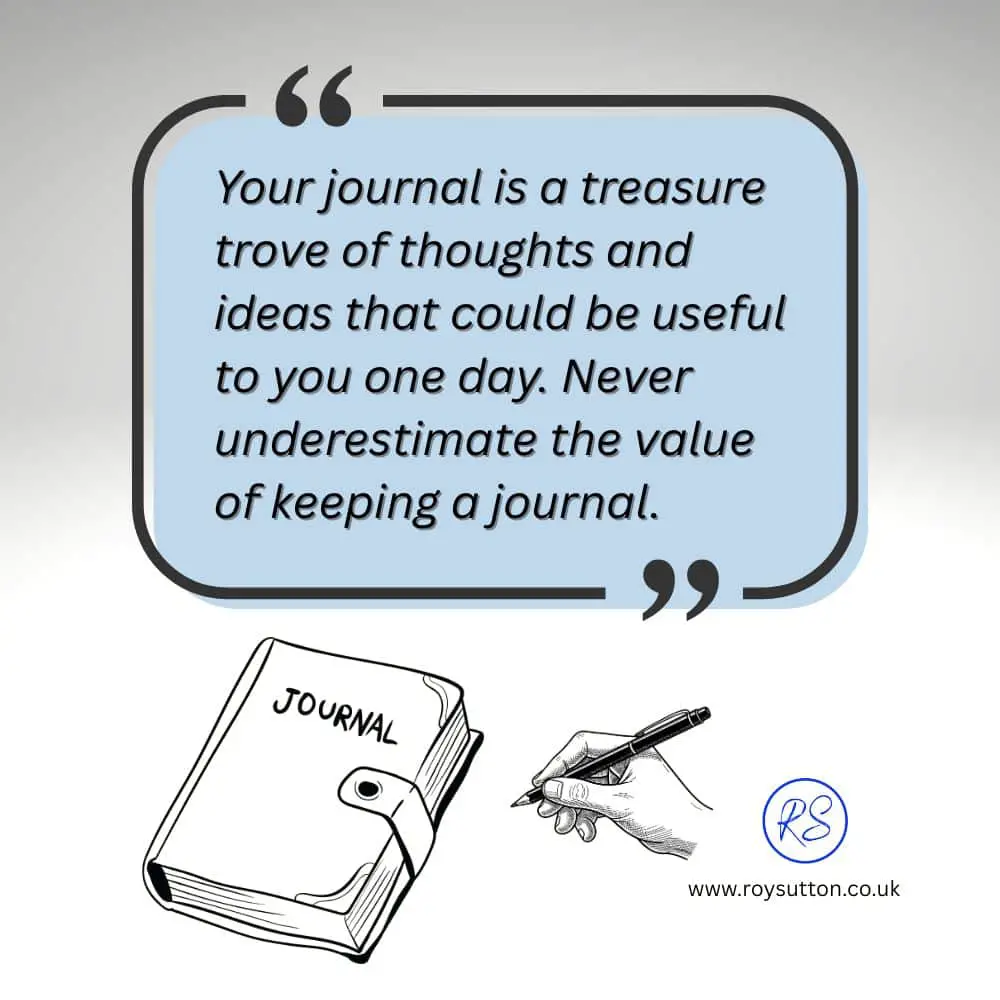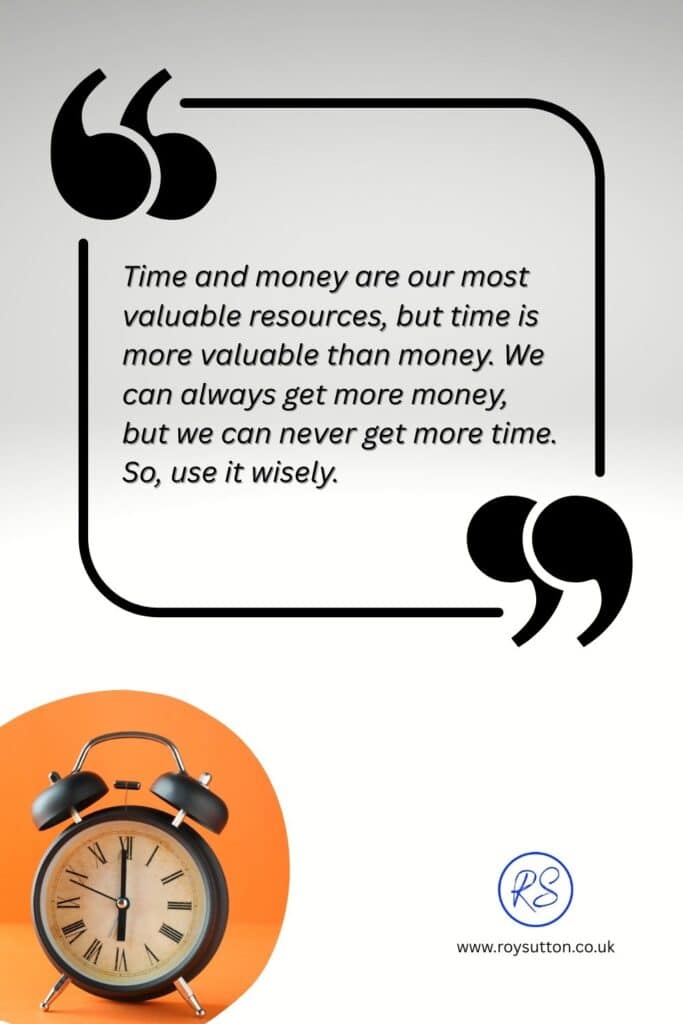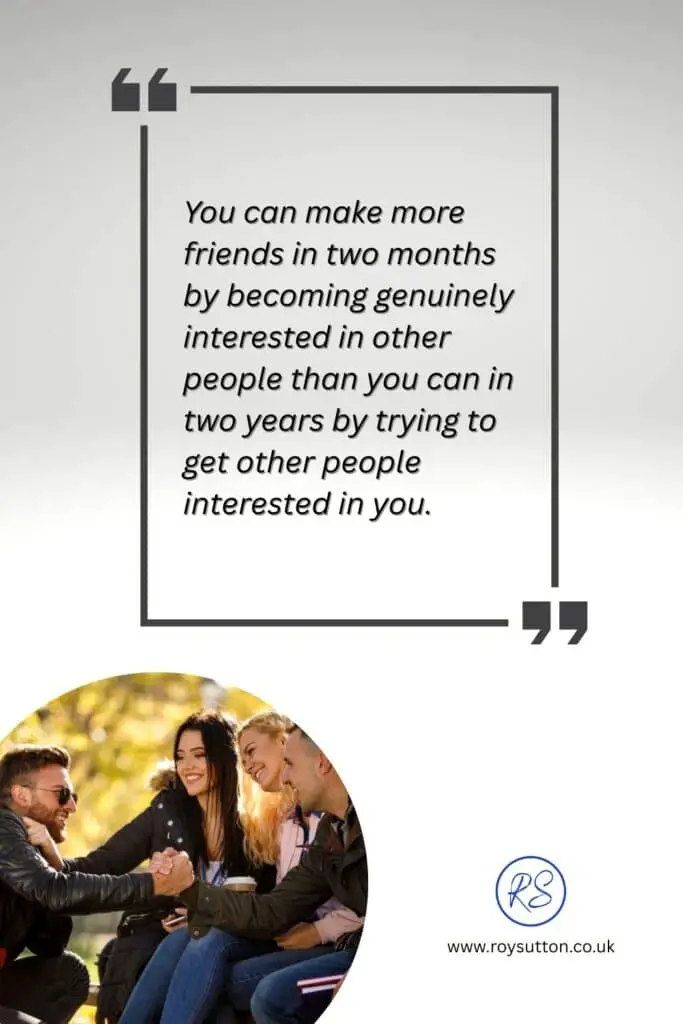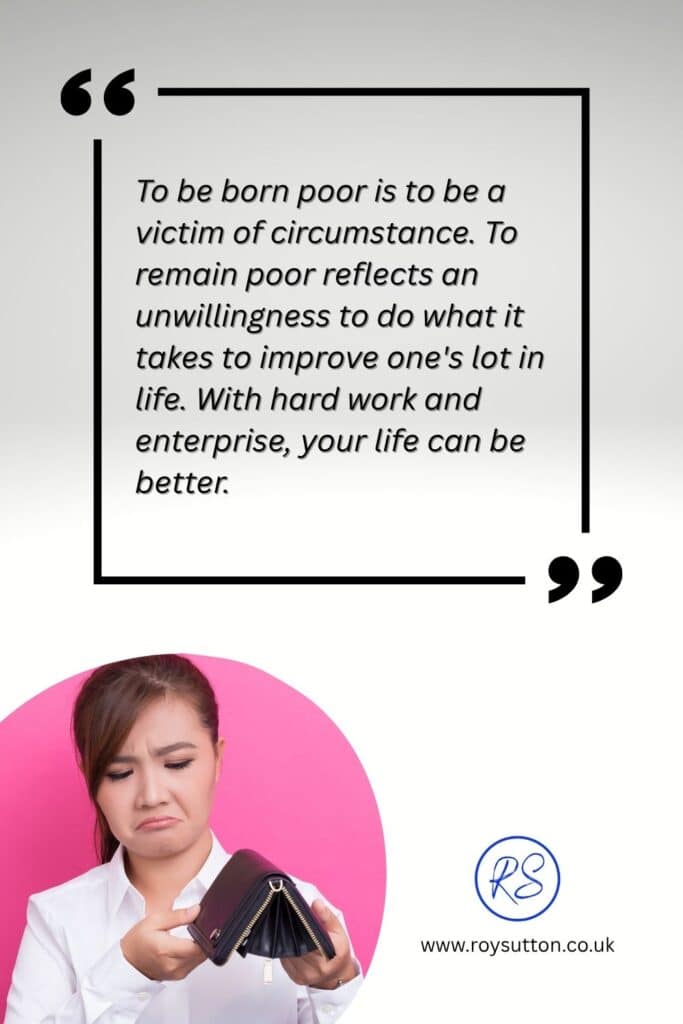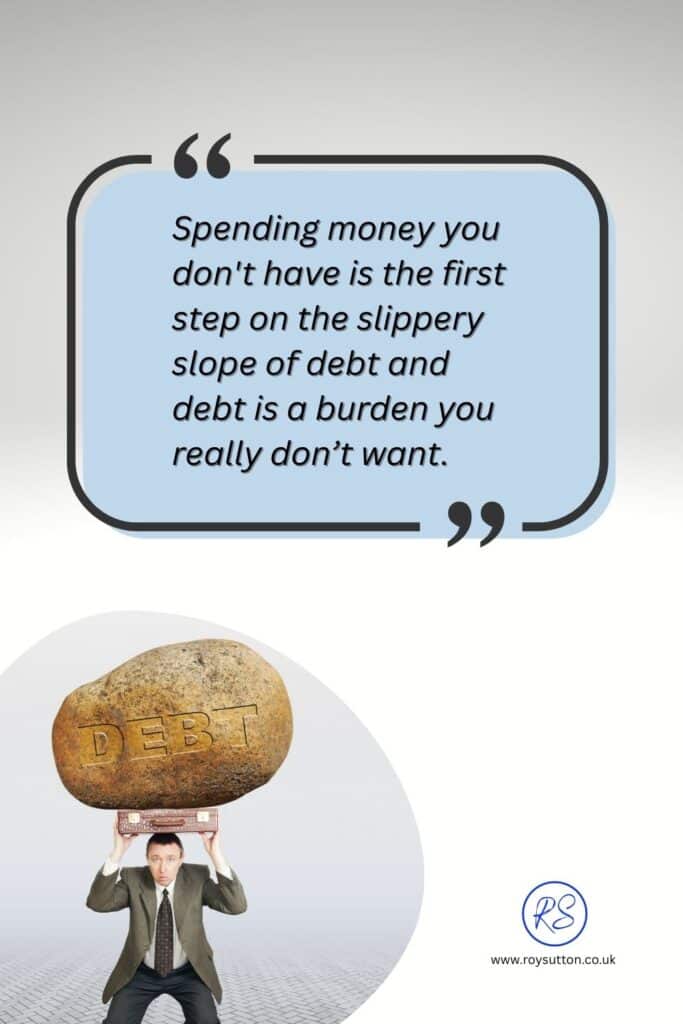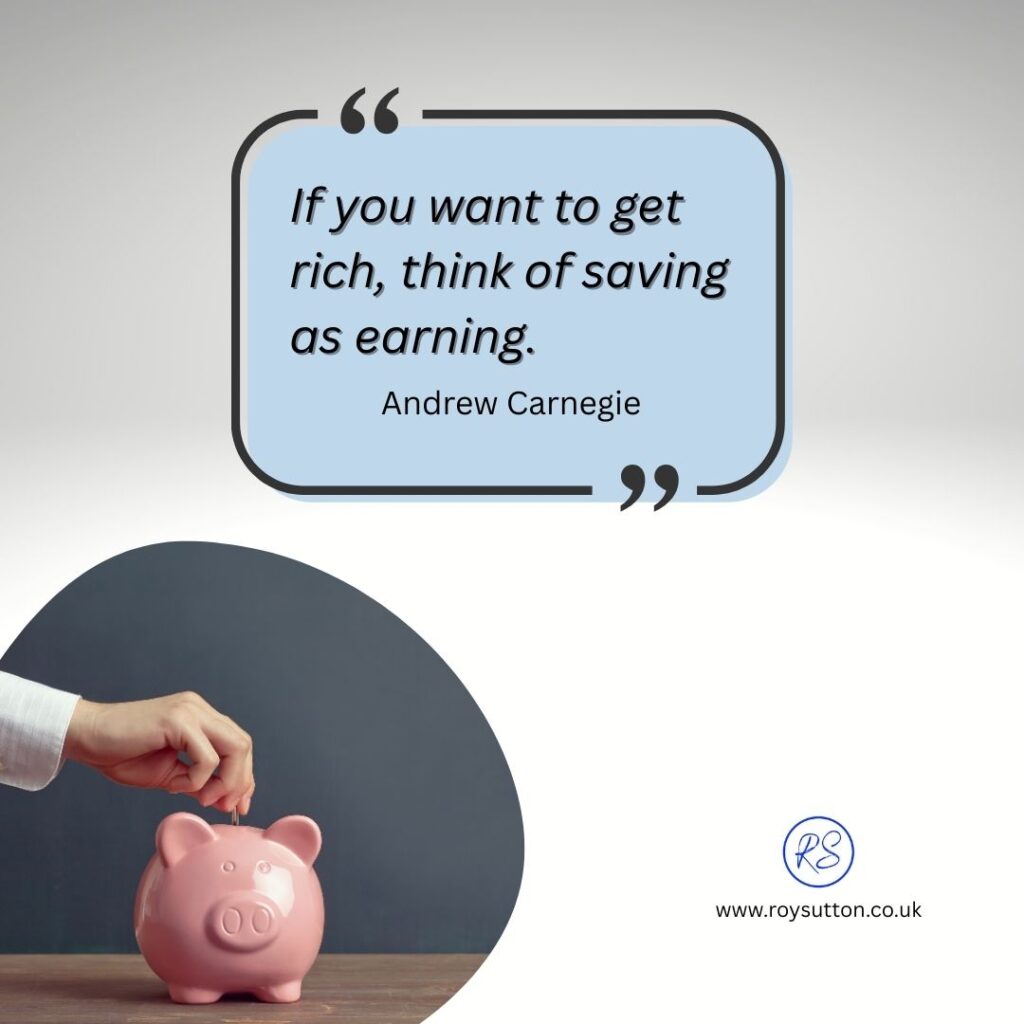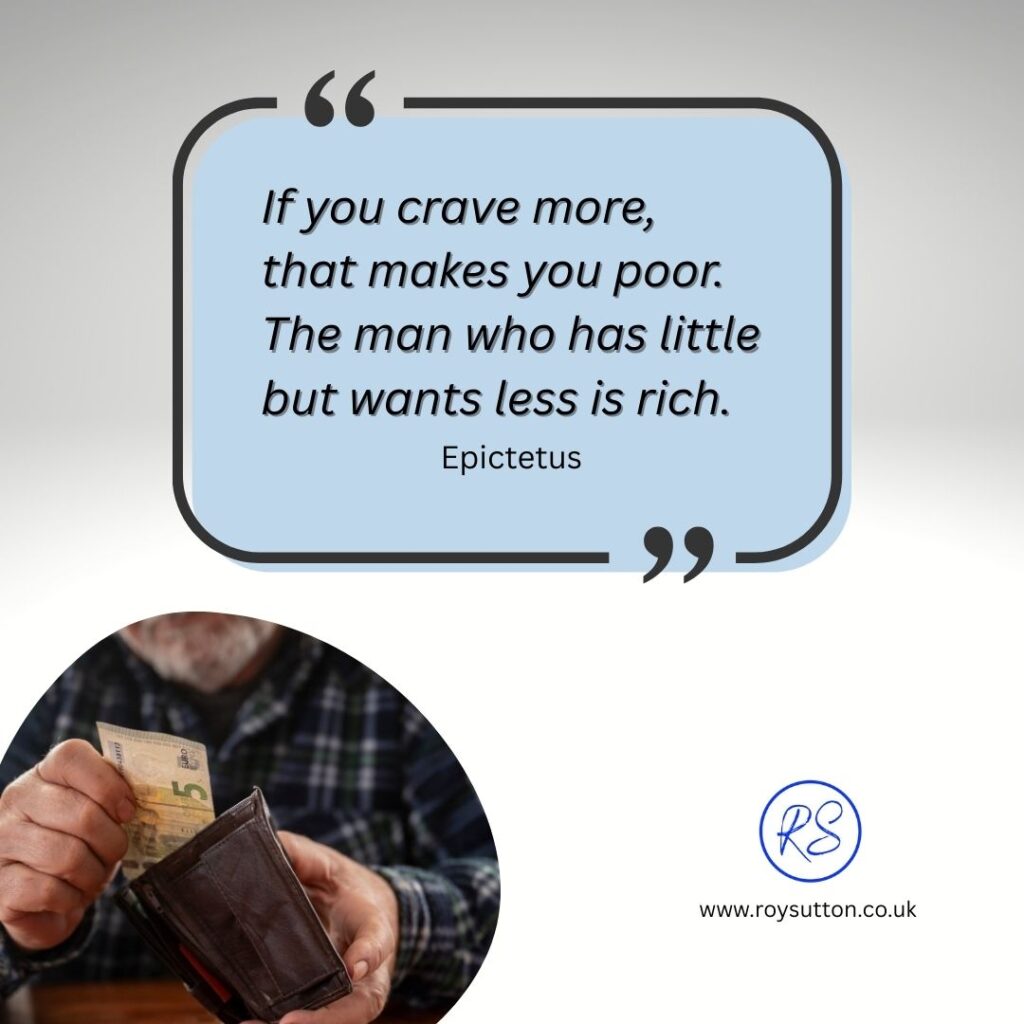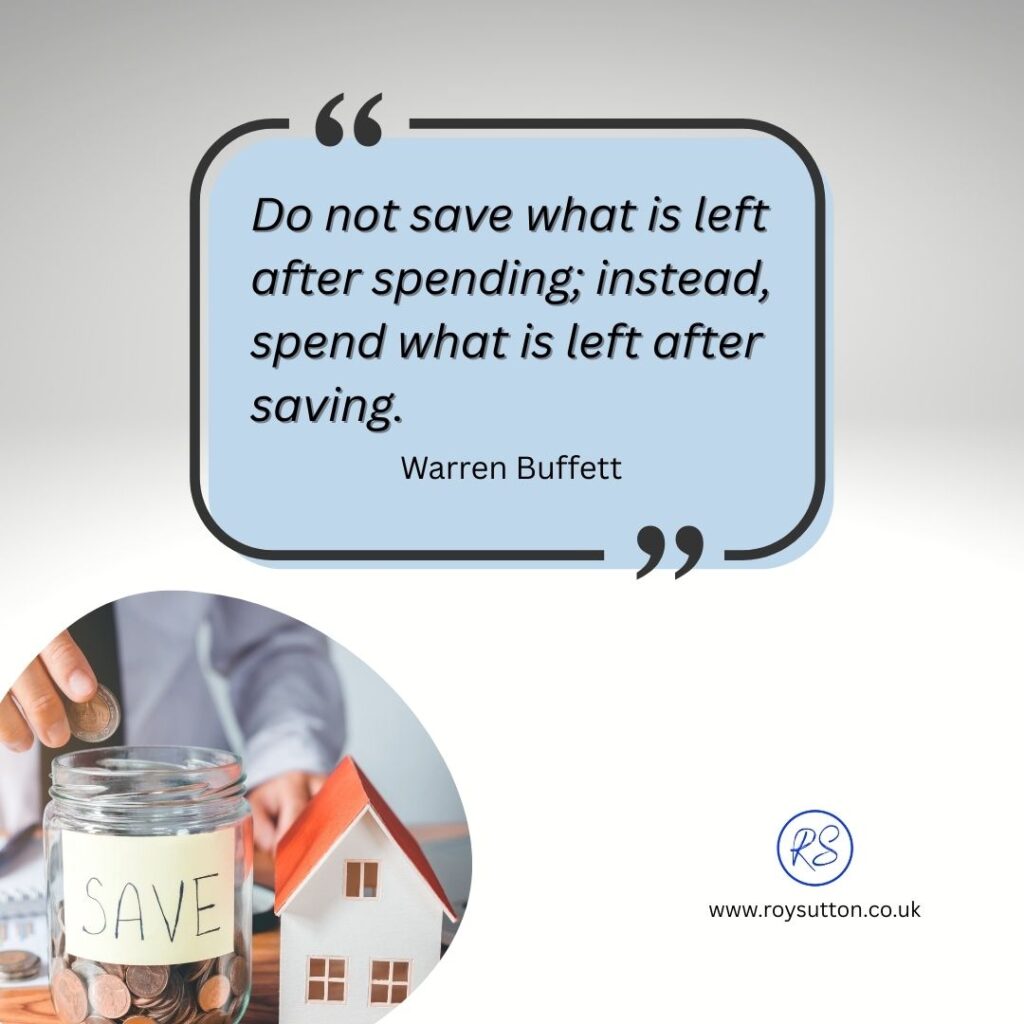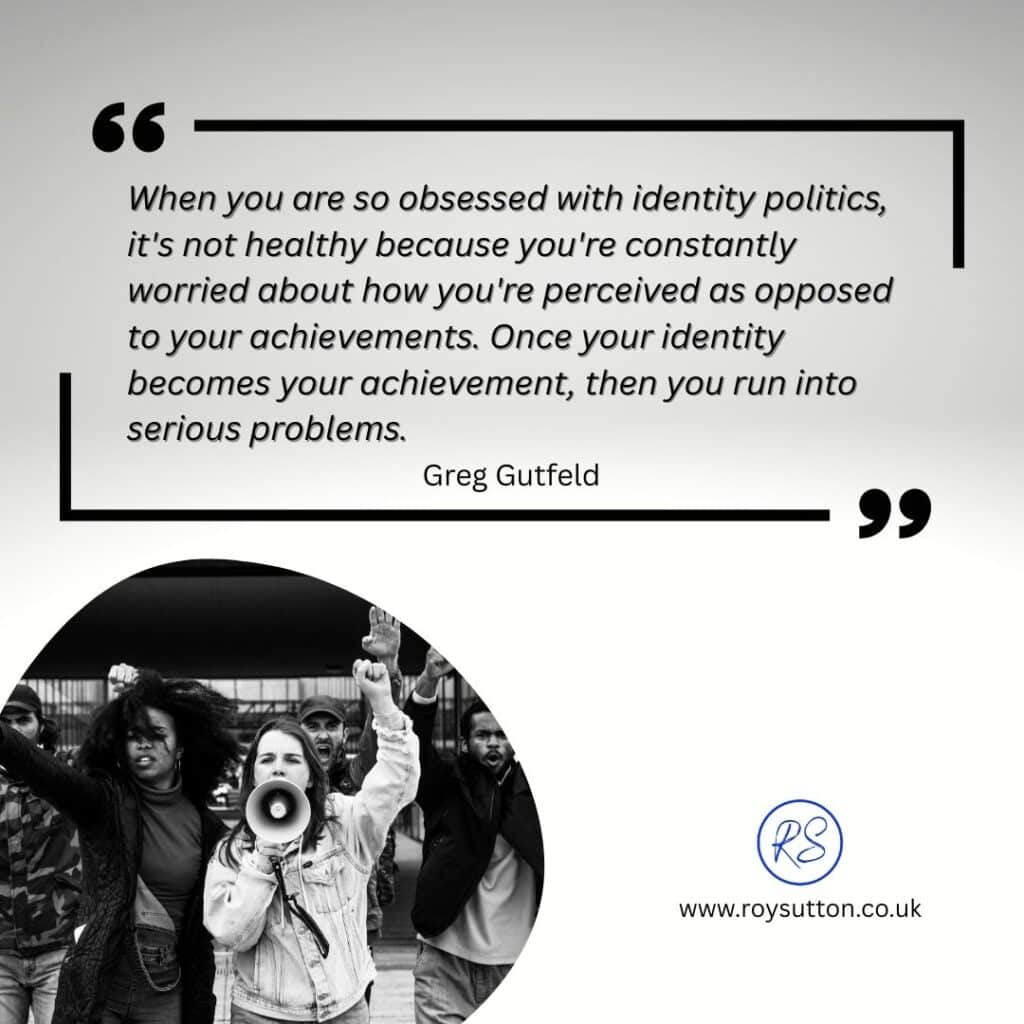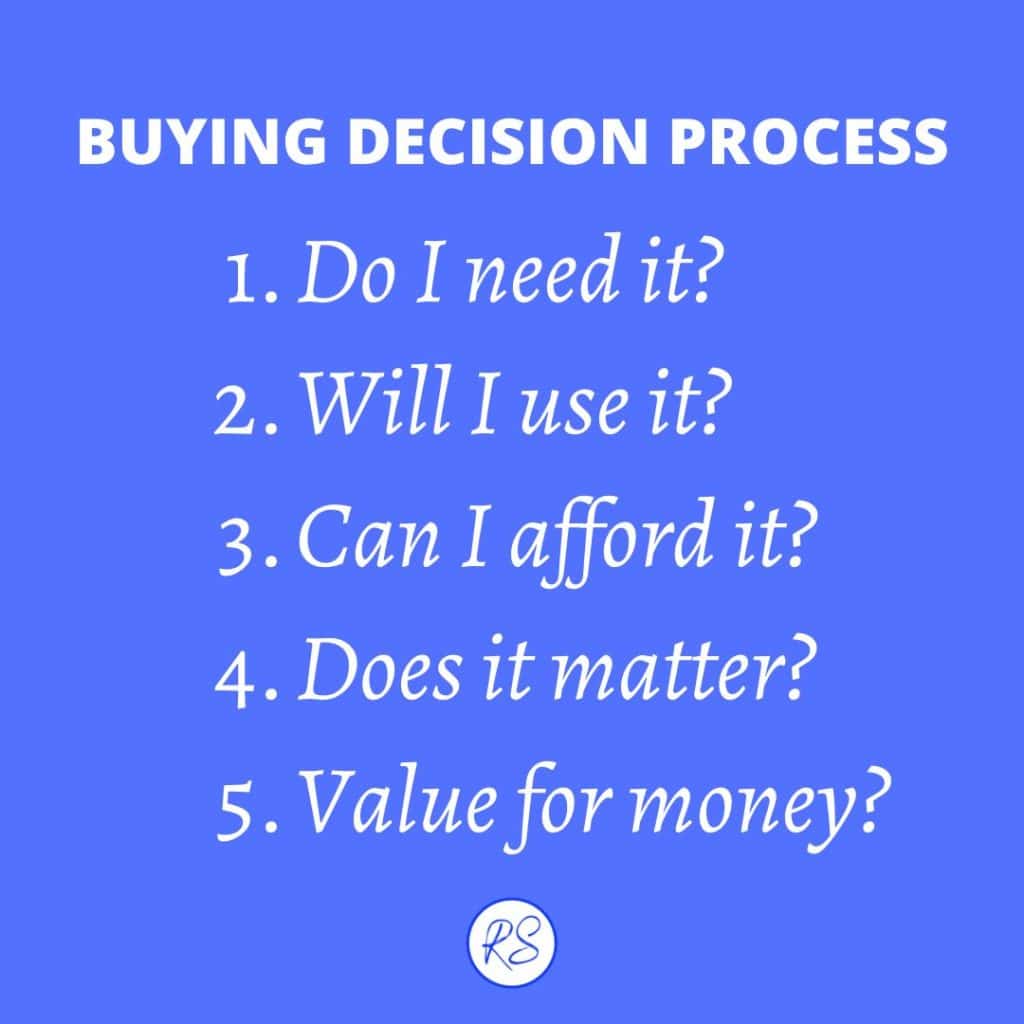
If success is your aim, can you learn from the daily habits of successful people?
Certainly, I believe quite strongly that we are what we do daily.
Anything you achieve or don’t achieve is brought about by the habits you develop over time.
Everything you do is a result of your habits, good or bad. So surely it makes sense to develop and maintain good habits and make them your master?
The power of repetition:
Habits, good or bad, are formed through repetition.
Good habits can be hard to form, but they’re easy to live with. Whereas bad habits, whilst easy to form, tend to be very hard to live with. Our lives can become a battle of good habits versus bad habits. Don’t let the bad habits win.
Good habits can be learned, and bad habits can be replaced by good habits. Yes, it requires self-discipline on your part, dear reader, but it can be done, and people do.
Decide on the habits you want to develop and focus on achieving them one at a time.
Start with one good habit:
Start with one good habit you’d like to form and then force yourself to repeat the necessary actions daily.
After around three weeks, that habit will be formed, and it will just become part of your routine. You’ll start to repeat it with little or no thought. Essentially, you’ll do it on autopilot.
If you have a bad habit you wish to replace with a good habit, then each time you find yourself about to perform the actions of the bad habit, stop yourself and perform the actions of the good habit instead. Again, after around three weeks, the good habit will be programmed into your brain.

Self-discipline is key:
Successful people are driven to develop good habits. Self-discipline is the key ingredient for good habits to form and for replacing bad habits.
Successful people also establish the habit of goal setting on a daily basis.
You cannot hit a target unless you can see that target. Setting a goal is the first step in achieving that goal. Successful people are results-oriented.
Successful people are also people-oriented.
The power of helping others:
You get what you want in life by helping other people get what they want.
Every product is a solution to a problem. Even if your goal is to sing or dance, to succeed you must always recognise that you perform to and for people.
They have a need to be entertained and your aim is to fulfil that need. To solve this particular problem for them if you like.
In dealing with people you must be honest and show integrity if you are to win the respect of others.
So honesty is a good habit to develop. Dishonesty and cheating will catch up with you and will be a permanent stain on your reputation. You don’t need that now, do you?
Look after your health:
And above all, you must look after your health. You have one body and one mind and they must last you a lifetime.
So develop the habit of taking good care of both.
To reinforce the message of the importance of repetition and routine I‘ve included this excellent video from Brian Tracy.
Brian is always a source of great advice for anyone seeking success and aiming to create a successful life for themselves and certainly, he’s one of my main sources of constant inspiration.
The video is short but well worth your time and I recommend you watch it now.
Habits of successful people:
Further Reading:
Regular readers will know that I am keen on building a personal reference library of books and audiobooks, which I use to inspire and motivate me and to help me achieve my goals. And I would encourage you to do the same, dear reader.
In the video, Brian Tracy refers to his book Million Dollar Habits: Proven Power Practices to Double and Triple Your Income. This is an excellent book and would be a good addition to your library. You can take a look at the print and Kindle editions if you click on the link in this paragraph.
However, I must be honest and tell you that, actually, I decided to purchase Million Dollar Habits: Proven Power Practices to Double and Triple Your Income (AudioBook). Personally, I find the audiobooks really useful because I can listen to them whilst I’m driving, which means I’m making better use of what would otherwise be dead time. If you’d like to take a look at the audio version of the book, then, once again, just click on the link in this paragraph.
If you’re looking for useful articles on this subject that are free to read, then you might want to take a look at The Habits of Highly Successful People, which has been published on the Porch website. This is an interesting article and is worth a few minutes of your time.

Please share this post with your friends:
Did you find this article interesting and useful dear reader?
If so, then please share it on social media with your friends. When you share, everyone wins.
So please share it now. If you do I’ll be ever so grateful and you’ll be helping a keen blogger reach a wider audience.
Thank you.
Other articles you might also find interesting:
- How to find the right job for you: Simply Explained
- How to spot a liar and be your own lie detector
- Self-promotion and why it matters if you want success
- 21 things you need to know in life to avoid its pitfalls
- 9 tips for getting the most from your work
- How to sell anything to anybody
- Wealth Creation Strategies
- Brian Tracy: Habits of Success
- Why you should make a difference in life
- Why enjoying yourself can never be a waste of time
- Why passion is the key to success
- The importance of friends to our lives
- How to deal with criticism in the workplace
- The secret to happiness
DISCLOSURE: This website is an Amazon affiliate. If purchases are made via the links, this website will receive a small commission, at no extra charge to you. These commissions cover only the cost of maintaining this site. Thank you.
© Mann Island Media Limited 2026. All rights reserved.
Habits of Successful People, Habits of Successful People, Habits of Successful People, Habits of Successful People,




